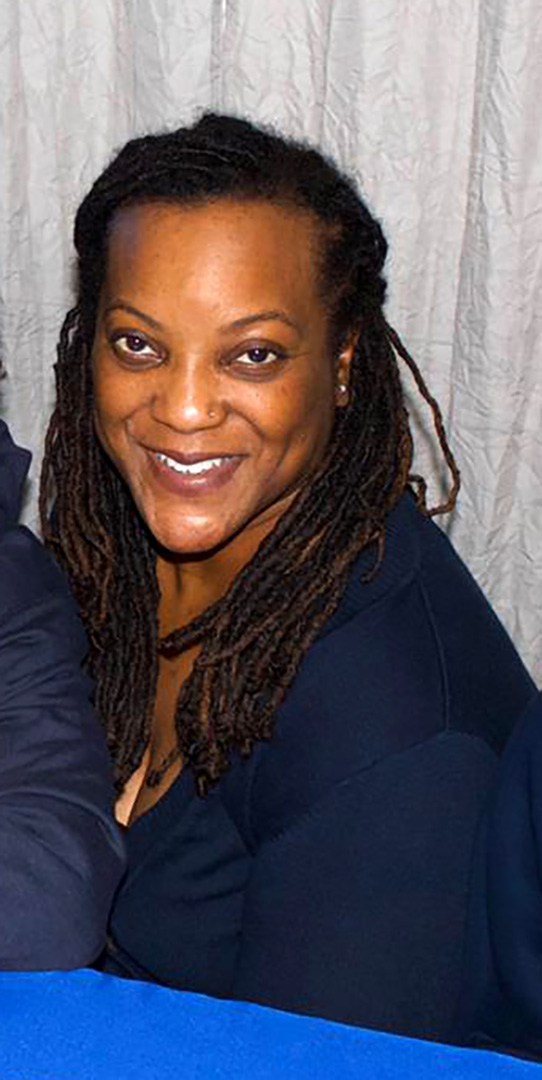Ten years ago, a patient committed suicide after he murdered his girlfriend because he thought she had cheated on him. He was hearing voices in his head, and that’s when he decided to hang himself.
“If a person is having mental health symptoms and they don’t understand … but they think they are okay, this is where it gets worse,” said Jacqueline Williamson, a nursing professor in the School of Health and Community Services at Durham College (DC).
Williamson is also a co-investigator for a project that focuses on identifying the early stages of mental health problems. The goal is to improve virtual mentorship and support vulnerable rural youth.
Big Brothers Big Sisters of North Durham (BBBS) is a mentoring organization that focuses on young children and teens in need. Many of these young people come from homes or areas where assistance is needed because they face barriers in their day-to-day lives such as, crime, poverty or food insecurity.
Williamson worked with Crystal Garvey, also a nursing professor, and they were awarded $75,000 in applied research funding by the Social Sciences and Humanities Research Council of Canada (SSHRC).
The funding was used to support a collaborative project between DC and Big Brothers Big Sisters (BBBS) of North Durham.
The project was designed to ensure the vitally important mentor support provided to youth is maintained and does not deteriorate despite physical distancing challenges.
When the children and the mentor spend time together, it mostly consists of a variety of activities that allows the two to bond.
Williamson did data collection and qualitative research on this project then presented this to BBBS. She also worked to get community connections.
“I did a lot of work in that area just to make sure the background that we’re talking about in terms of mental health is up to date,” said Williamson.
Part of the research Williamson did was to identify the early signs of mental health before it gets worse for young people having mental health symptoms.
Williamson explains that when it comes to youth, many parents ignore symptoms which can lead to suicide. The BBBS mentorship program helps young people to identify those issues and gives them hope.
“So, when they want to commit suicide, it’s like, they got their life insurance in place and their family knows the pin code,” said Williamson who wants to encourage those youth who are not feeling well to seek help and that “it’s okay not to feel okay.”
That is why BBBS mentors are equipped with the skills needed to help the youth if they run into bad situation, for example, abused children and those who are not mentally well.
Williamson concludes that being involved with the BBBS organization may be a protective factor against some mental health problems.
When it comes to her work as a nursing professor, Williamson is open when her students ask her questions about her life. She shares her experiences as a nurse and some of the difficulties she has been through.
Crystal Garvey was one of Williamson’s students.
Garvey says Williamson is one of those professors who gave extra breaks so students could get rest. She was all about uplifting and edifying, according to Garvey.
“She was the one planting the seeds, cultivating, curating and pruning the plant,” said Garvey, who was also glad to be working with Williamson on the BBBS project.
One piece of advice Williamson would give for faculty who want to do innovative research that has a social impact is to read more about what they are interested in, network with experts and volunteer in that area to gain experience and improve themselves.
“Talk to people, surround yourself with people who you normally wouldn’t network with,” said Williamson.




